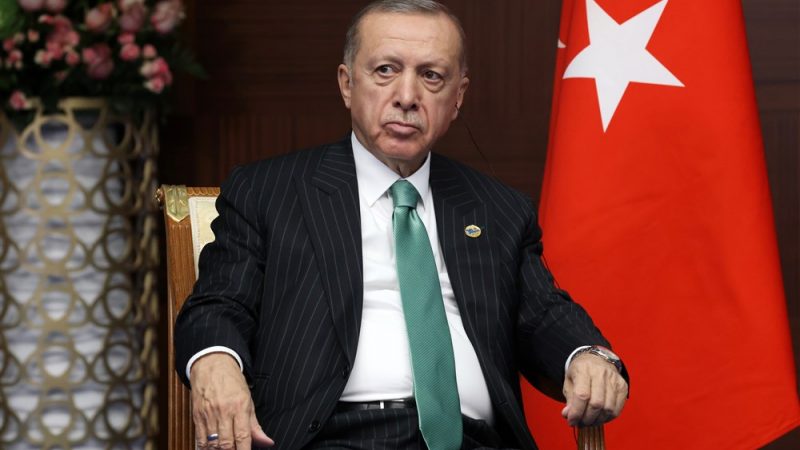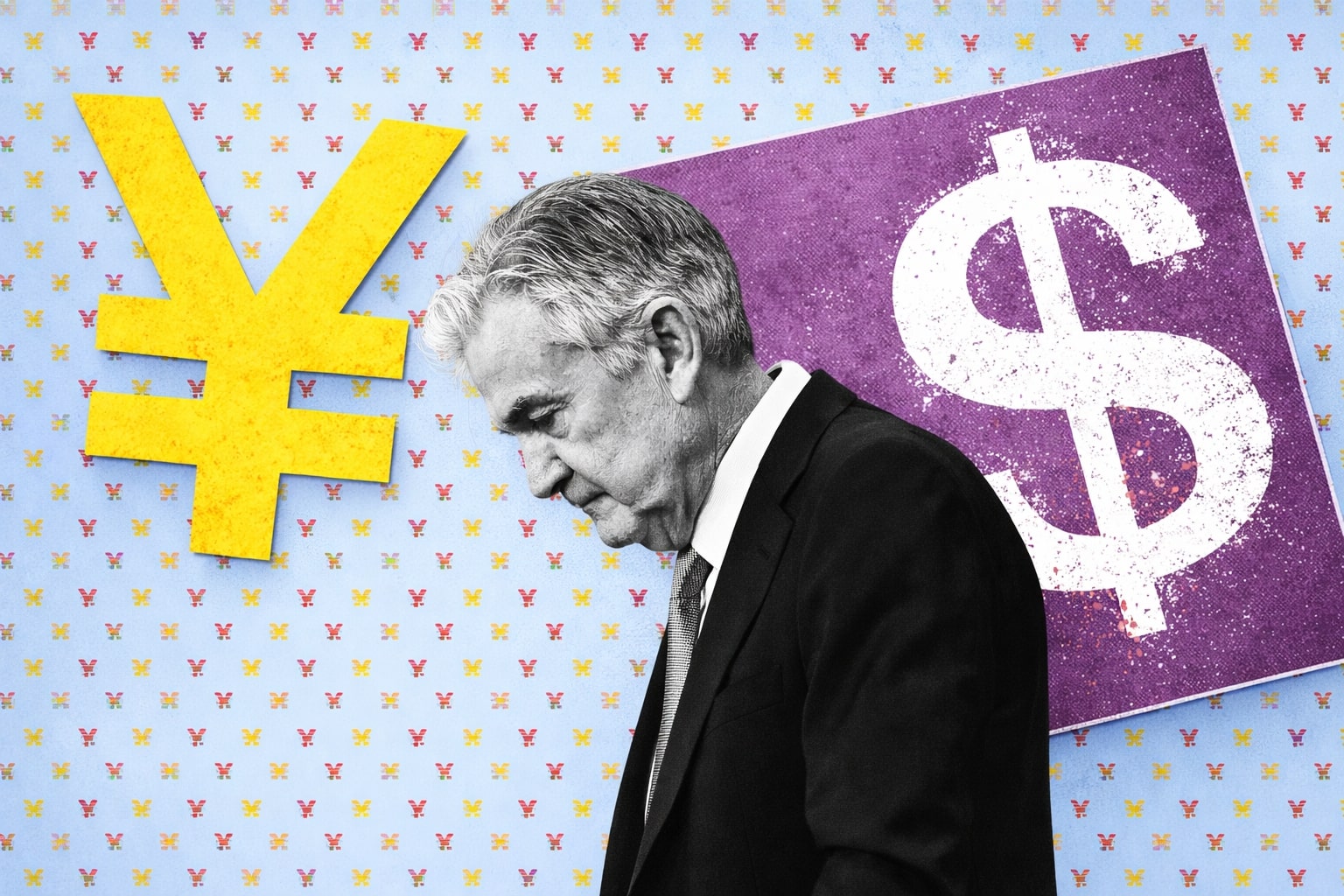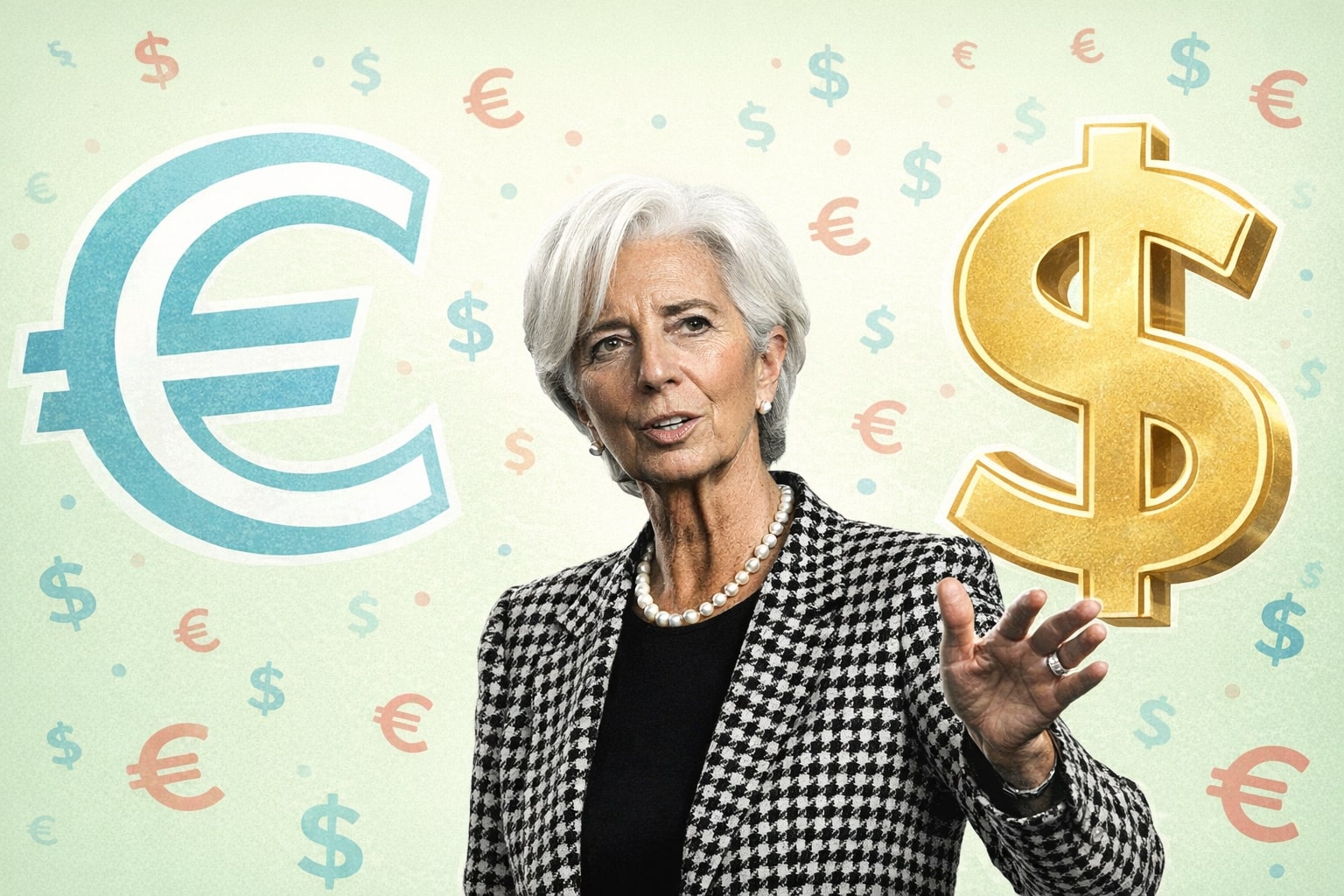
Turkey-Central Bank Balances Interest Rates Amid Earthquake Rebuilding and Looming Elections
Central Bank's Delicate Balancing Act: Interest Rates, Earthquake Recovery, and Election Impact on Turkish Economy
Turkey's central bank is anticipated to keep its interest rate steady at 8.5% this week, as per a recent analysis, while the nation grapples with the aftermath of a series of catastrophic earthquakes in the southeast. The decision regarding the interest rate will be influenced by the upcoming May 14th elections, with the opposition party vowing to reinstate conventional monetary policies to tackle inflation.
The central bank had earlier decreased the primary interest rate by 500 basis points to address economic deceleration and then maintained it at 9% for December and January. In February, the rate was further reduced by 50 basis points to support industrial output and employment growth following the earthquakes, which caused extensive damage, claimed over 48,000 lives, and left millions without shelter.
President Tayyip Erdogan's central bank has consistently reduced interest rates during the past couple of years. Some experts predict additional easing before the presidential and parliamentary elections. The future direction of interest rates will hinge on the election results and a potential victory for the opposition, which has pledged to revert to orthodox policies to tackle inflation.
Reconstruction of housing and infrastructure following the earthquakes is estimated to cost Ankara up to $100 billion, potentially causing a one to two percentage point decline in economic growth this year. The central bank plans to announce its interest rate decision on March 23rd .
To ease pressure on the lira, Turkey's central bank has requested commercial lenders to adopt a dual foreign-exchange rate for corporate transactions. This move aims to stabilize the lira and curb inflation, which exceeded 80% the previous year. However, the stable lira amidst soaring inflation has adversely impacted foreign trade, as increasing costs have diminished the competitiveness of Turkish exporters.
Inflation was aggravated by a currency crisis in late 2021 and reached a 24-year peak of 85.51% in October. Despite the high inflation, the central bank has lowered its policy rate to preserve growth and implemented an extra 50 basis point cut after the earthquakes. The cost of post-earthquake reconstruction is projected to surpass 50 billion lira and might cause a one to two percentage point reduction in the country's economic growth this year.
Author le
Read More
-
CGDV ETF at $44.17 Targets $52 as Dividend Value and AI Leaders Drive 2026 Upside
07.01.2026 · TradingNEWS ArchiveStocks
-
XRP ETFs XRPI and XRPR: $2.20 XRP and $1.6B Inflows Drive 2026’s Hottest Crypto Trade
07.01.2026 · TradingNEWS ArchiveCrypto
-
Natural Gas Price Forecast: NG=F Rebounds to $3.48 as Market Eyes EIA Storage Shock
07.01.2026 · TradingNEWS ArchiveCommodities
-
USD/JPY Price Forecast - USDJPY=X Holds 156.6 as BoJ Hawkish Shift Collides With Fed Cut Expectations
07.01.2026 · TradingNEWS ArchiveForex



















